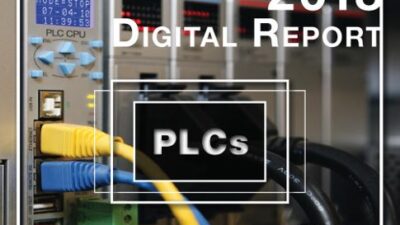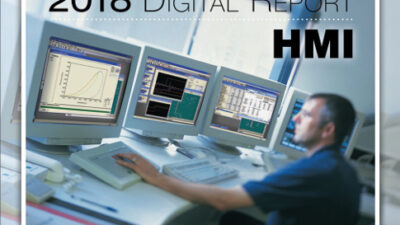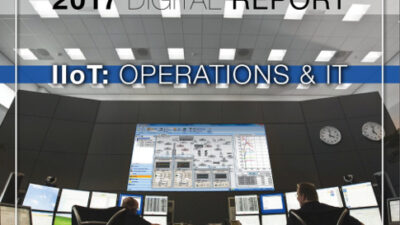With the theme of ''Retool with Intelligence,'' Embedded Systems Conference (ESC) Boston went into the books after its September 15-18, 2003 run at this city’s upscale Hynes Convention Center. The event attracted 3,257 attendees and 118 exhibitors.
Show-floor exhibits and technology classes complemented each other in Boston’s neo-classic John B. Hynes Veterans Memorial Convention Center. (Photos by Frank Bartos, Control Engineering.)
With the theme of ”Retool with Intelligence,” Embedded Systems Conference (ESC) Boston went into the books after its September 15-18, 2003 run at this city’s upscale Hynes Convention Center. The event attracted 3,257 attendees and 118 exhibitors. Given today’s business climate, the show was successful, albeit in a smaller ”form factor” compared to 2002 figures of 4,418 attendees and some 160 exhibitors, according to show producer CMP Media LLC (San Francisco, CA).
It should be noted that ESC’s East Coast venue has traditionally had a smaller scale than the main spring event in San Francisco. And focus remains on the conference’s educational forum, which presented 78 classes (47 of them new or updated) and eight full-day tutorials. These classes continue to be popular, evidenced by well-filled seating and occasionally standing room only.
Keynoter at ESC Boston was Jack Ganssle, experienced designer and author in the embedded systems field. His talk on ”Lessons We Haven’t Learned” drew on numerous examples of firmware/software ”crashes,” causing failures mainly in aerospace applications. Examples were replete with failures attributed to untested software, due to short staffing and crazy hours (”tired people make mistakes”); inadequate error handling of code; insufficient version control; etc. ”Even 99.99% reliability is not acceptable in software,” says Ganssle.
He cites three basic problem sources. Up front are software’s inherently problematic nature and poor quality of code produced. Ganssle also points to a disconnect between management’s goal of product schedules and engineers’ view of time needed to write code. His outlook is not a promising picture. ”We need to accept some bitter pills to make improvements,” concludes Ganssle. ”Failure is a good thing if we can learn from it; a disaster if or when we don’t.”
More than 30 magazines and publications attended the event, including Control Engineering. Further coverage of ESC Boston appears in this newsletter and continues in the November edition.
—Frank J. Bartos, executive editor, Control Engineering, [email protected]


